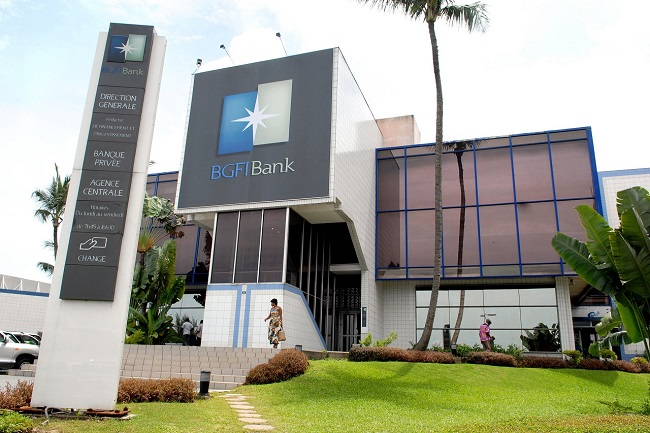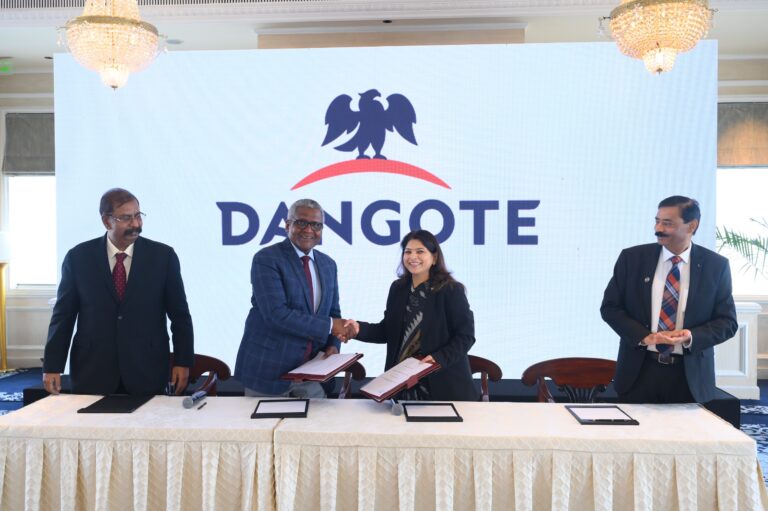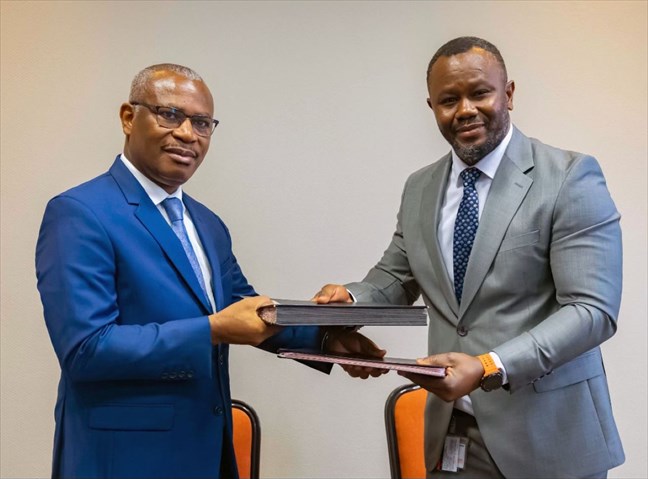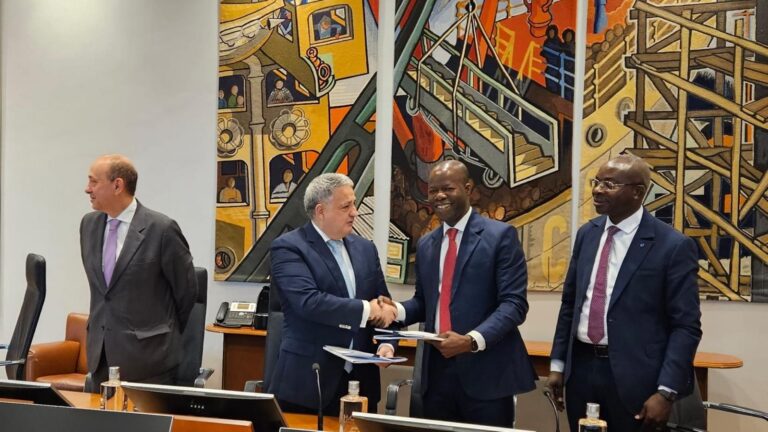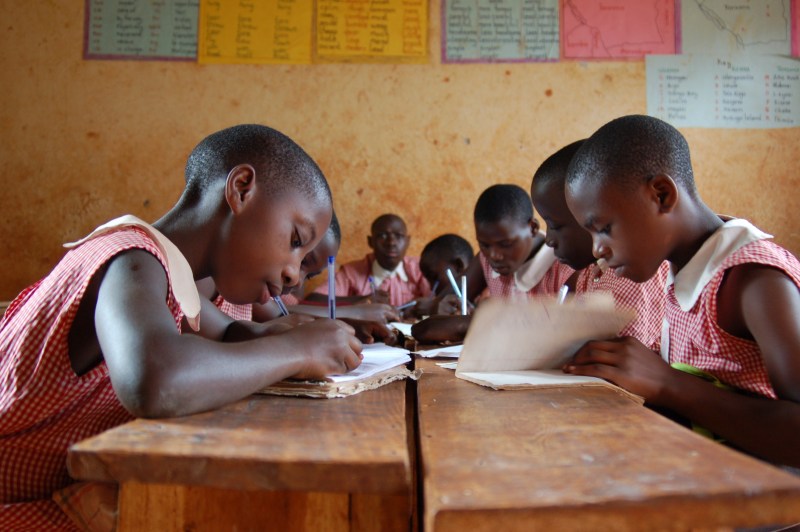
(lavoixdesentreprises.info) – In an uncertain economic context, Africa must rethink its educational system to fully harness the potential of its youth. The World Bank highlights the urgency of education reform to ensure inclusive growth capable of transforming millions of lives.
Africa, despite its immense potential, is going through a period of economic uncertainty. While signs of recovery are emerging, the World Bank emphasizes in its latest report that the future of millions of young people depends on a radical transformation of the educational system. In this context, it is imperative to reform education to foster inclusive growth that can take advantage of the region’s demographic dynamics.
Economic forecasts for sub-Saharan Africa are mixed. Although growth is expected to reach 3% in 2024, an improvement over the previous year, this increase remains insufficient to eradicate poverty. Inflation, which is expected to decrease, along with currency stabilization, offers temporary relief. However, the reality is that GDP per capita growth is stagnating, barely reaching 0.5%. This situation is exacerbated by structural challenges such as conflicts, climate change, and an overwhelming public debt that siphons resources needed for crucial investments in education, health, and infrastructure.
Andrew Dabalen, Chief Economist of the World Bank for Africa, points to the need to restore public finances while highlighting the constraints imposed by the debt burden. Governments must urgently realign their priorities to include investments in vital sectors. Indeed, education is the key that will enable millions of young Africans to access quality jobs and contribute to the economy. The working-age population is growing rapidly in Africa, but the educational system is struggling to keep up.
Currently, sub-Saharan Africa spends the least per capita on education in the world. To achieve the goal of universal education by 2030, it is necessary to integrate an additional 170 million children and adolescents into educational systems. This involves building millions of classrooms and recruiting an equivalent number of teachers. Although progress has been made, with 270 million children enrolled in school, there is still a considerable way to go.
Dabalen emphasizes the importance of quality education tailored to the needs of the labor market. Young generations must be prepared to seize the opportunities presented by the digital economy and the transition to sustainable development. For this, careful planning and wise investments are needed. Furthermore, it is crucial to strengthen access to pre-primary education, from which currently seven out of ten children are deprived, and to promote vocational training, which remains largely underdeveloped in the region.
Breaking the cycle of poverty and fostering sustainable growth also require support for entrepreneurship and the promotion of new startups. Dynamic small businesses can be engines of employment and growth, offering qualified graduates attractive future prospects. Cooperation between the public and private sectors, as well as a conducive environment for innovation, are essential to create a favorable ecosystem for economic development.
In conclusion, for Africa to realize its potential and ensure a bright future for its youth, a profound and bold educational reform is necessary. It is only through investment in human capital that the region can truly take off, transforming today’s challenges into tomorrow’s opportunities.
Sorelle Ninguem








